14 results in Women and Gender in German Studies

Mathilde Möhring
-
- Published by:
- Boydell & Brewer
- Published online:
- 21 February 2024
- Print publication:
- 10 October 2023

Modeling Motherhood in Weimar Germany
- Political and Psychological Discourses in Women's Writing
-
- Published by:
- Boydell & Brewer
- Published online:
- 21 February 2024
- Print publication:
- 28 November 2023

Imaginaries of Domesticity and Women's Work in Germany around 1800
-
- Published by:
- Boydell & Brewer
- Published online:
- 11 January 2024
- Print publication:
- 04 April 2023

Plants, Places, and Power
- Toward Social and Ecological Justice in German Literature and Film
-
- Published by:
- Boydell & Brewer
- Published online:
- 09 January 2024
- Print publication:
- 14 February 2021

Elsa Asenijeff’s Is that love? and Innocence
- A Voice Reclaimed
-
- Published by:
- Boydell & Brewer
- Published online:
- 12 January 2023
- Print publication:
- 20 September 2022
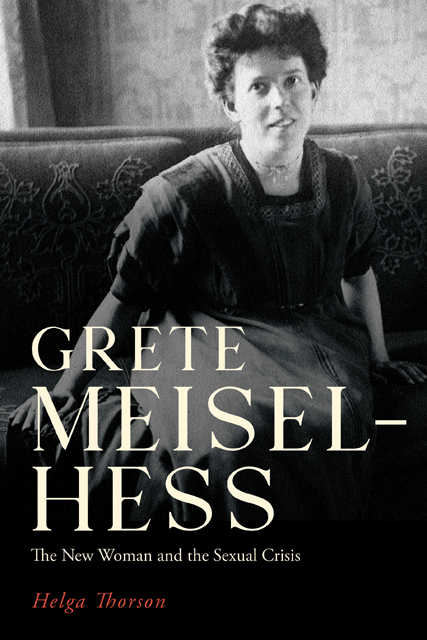
Grete Meisel-Hess
- The New Woman and the Sexual Crisis
-
- Published by:
- Boydell & Brewer
- Published online:
- 11 January 2023
- Print publication:
- 23 August 2022

The Memoirs of Ceija Stojka, Child Survivor of the Romani Holocaust
-
- Published by:
- Boydell & Brewer
- Published online:
- 20 December 2022
- Print publication:
- 15 November 2022
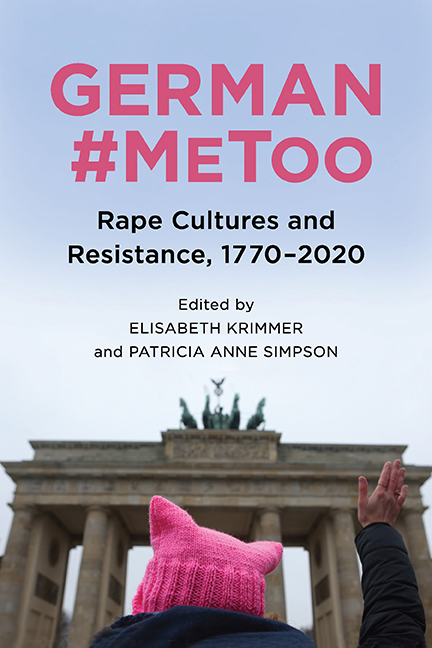
German #MeToo
- Rape Cultures and Resistance, 1770-2020
-
- Published by:
- Boydell & Brewer
- Published online:
- 08 October 2022
- Print publication:
- 19 July 2022
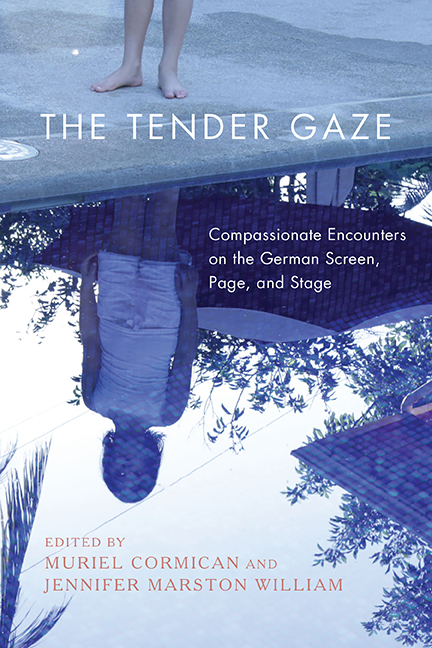
The Tender Gaze
- Compassionate Encounters on the German Screen, Page, and Stage
-
- Published by:
- Boydell & Brewer
- Published online:
- 05 October 2022
- Print publication:
- 15 June 2021

Anneliese's House
-
- Published by:
- Boydell & Brewer
- Published online:
- 26 May 2022
- Print publication:
- 15 June 2021

Great Books by German Women in the Age of Emotion, 1770-1820
-
- Published by:
- Boydell & Brewer
- Published online:
- 26 May 2022
- Print publication:
- 15 April 2022
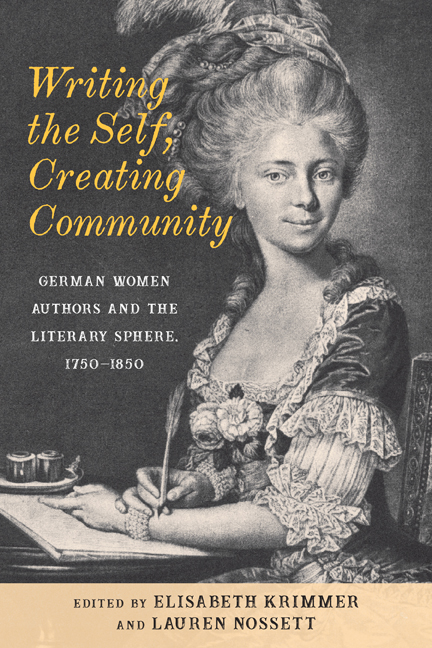
Writing the Self, Creating Community
- German Women Authors and the Literary Sphere, 1750–1850
-
- Published by:
- Boydell & Brewer
- Published online:
- 01 October 2020
- Print publication:
- 15 May 2020
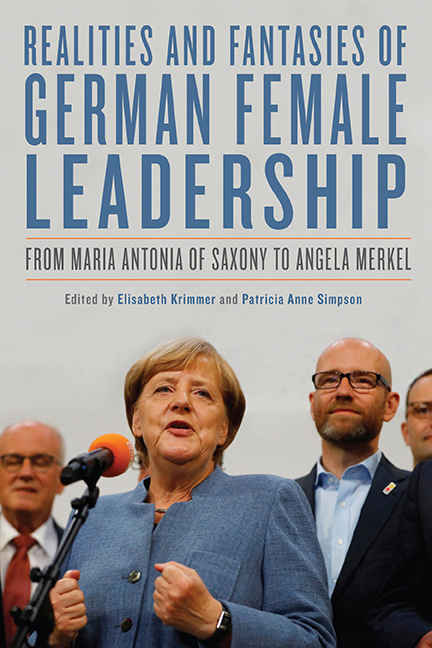
Realities and Fantasies of German Female Leadership
- From Maria Antonia of Saxony to Angela Merkel
-
- Published by:
- Boydell & Brewer
- Published online:
- 24 October 2019
- Print publication:
- 01 August 2019

Willful Girls
- Gender and Agency in Contemporary Anglo-American and German Fiction
-
- Published by:
- Boydell & Brewer
- Published online:
- 23 August 2019
- Print publication:
- 15 January 2018

